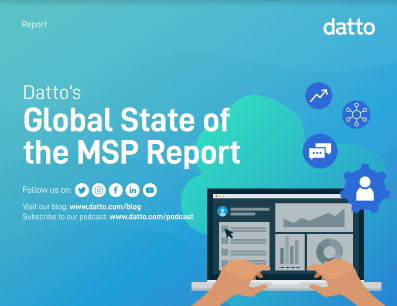UK launches digital watchdog to clamp down on big tech dominance
The Digital Markets Unit is charged with drawing up codes of conduct for competition and will operate without statutory powers at first


The UK government has launched the Digital Markets Unit (DMU) to regulate anti-competitive activities of large tech companies and to crack down on unfair practices that restrict consumer choice.
Sitting within the Competition and Markets Authority (CMA), the DMU is the first regulator of its kind charged with specifically examining the role that big tech firms play in business and society. The sector has previously been overseen by a mishmash of organisations including the CMA, the Information Commissioner’s Office (ICO), and Ofcom.
The DMU will seek to establish how codes of conduct could work in practice to govern the relationship between digital platforms, such as Facebook and Google, and small businesses, which often rely on large firms to run various operations. The unit will principally focus on how to encourage greater competition and reduce the monopolisation of digital services.
Although it’ll first operate without any statutory powers, the government is hoping to legislate to grant the DMU a set of full powers over the course of the next few months.
The Department for Digital, Culture, Media and Sport (DCMS) hasn’t yet clearly defined what these will be, although they could include the power to impose financial penalties as well as block and reverse decisions that tech giants take.
“People shopping on the internet and sharing information online should be able to enjoy the choice, secure data and fair prices that come with a dynamic and competitive industry,” said the chief executive of the CMA, Andrea Conscelli.
“Today is another step towards creating a level playing field in digital markets. The DMU will be a world-leading hub of expertise in this area and when given the powers it needs, I am confident it will play a key role in helping innovation thrive and securing better outcomes for customers.”
Sign up today and you will receive a free copy of our Future Focus 2025 report - the leading guidance on AI, cybersecurity and other IT challenges as per 700+ senior executives
For years, the government has flirted with the idea of regulating the tech sector, but this has taken many shapes and there's been a huge variety in the methods for doing so.
It has also opened various consultations in recent memory, including one in October 2018 which examined the role that tech giants play in harming competition in the digital economy. Ofcom, meanwhile, was recently extended powers to regulate content hosted on social media platforms, such as YouTube and Facebook.
RELATED RESOURCE

The global state of the MSP report
Trends, growth drivers, and challenges in the world of MSPs
The government will open another consultation later this year on the design of its new ‘pro-competition regime’, which the DMU will be a central pillar of, before legislating to grant the regulator statutory status. It’ll work closely with the CMA enforcement teams already taking action to address anti-competitive behaviour by large digital companies.
The CMA, for instance, is investigating Apple’s conduct in relation to how it distributes apps on its AppStore while probing Google’s proposal to remove third-party cookies and other functionalities from the Chrome browser. It’s also scrutinising mergers involving Facebook and Giphy, as well as eBay and Adevinta.
While without statutory powers, the DMU will work alongside businesses, the government and academia to compile the evidence, knowledge and expertise needed to begin operating as quickly as possible once the new regime is in place.

Keumars Afifi-Sabet is a writer and editor that specialises in public sector, cyber security, and cloud computing. He first joined ITPro as a staff writer in April 2018 and eventually became its Features Editor. Although a regular contributor to other tech sites in the past, these days you will find Keumars on LiveScience, where he runs its Technology section.

